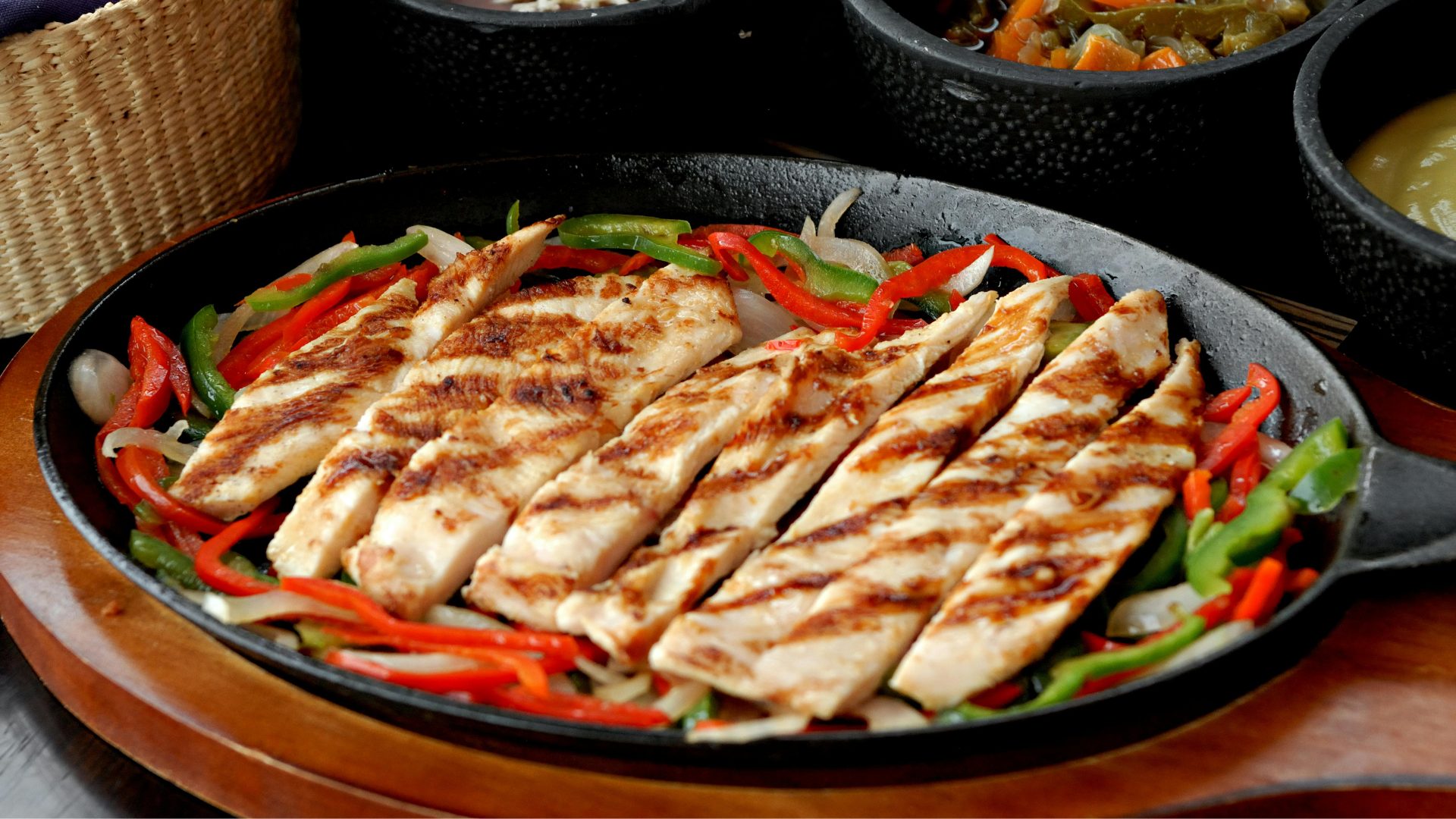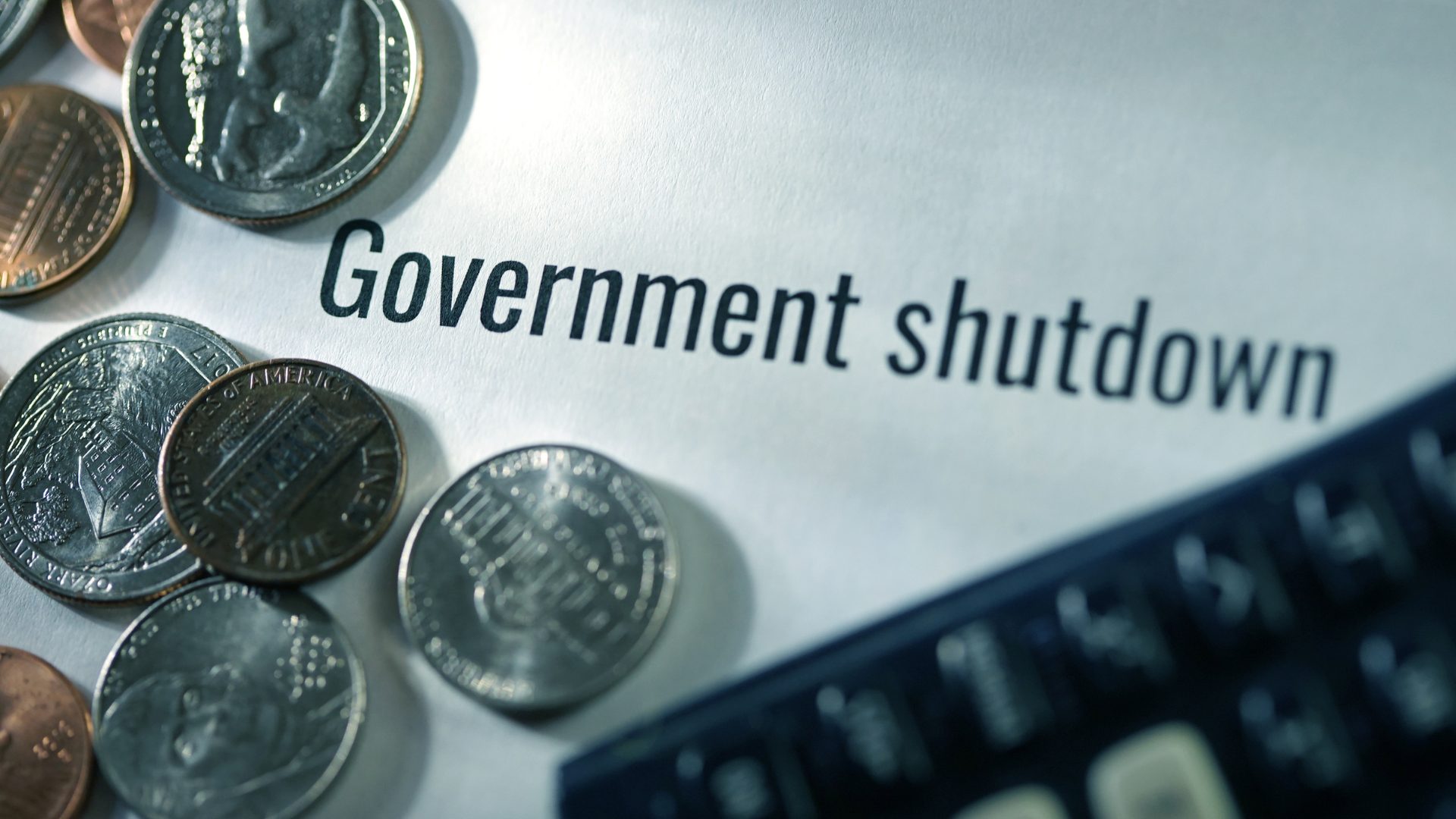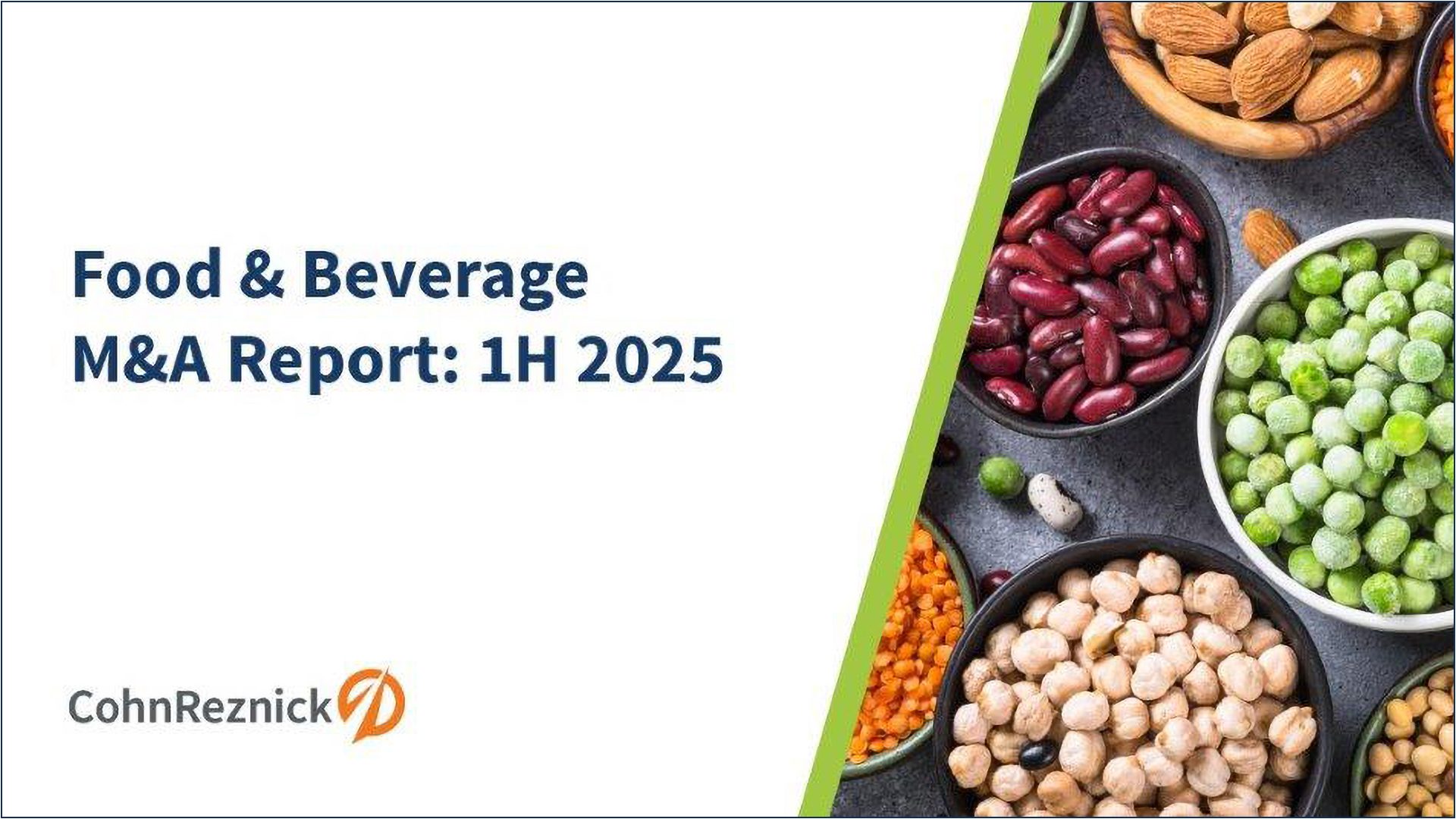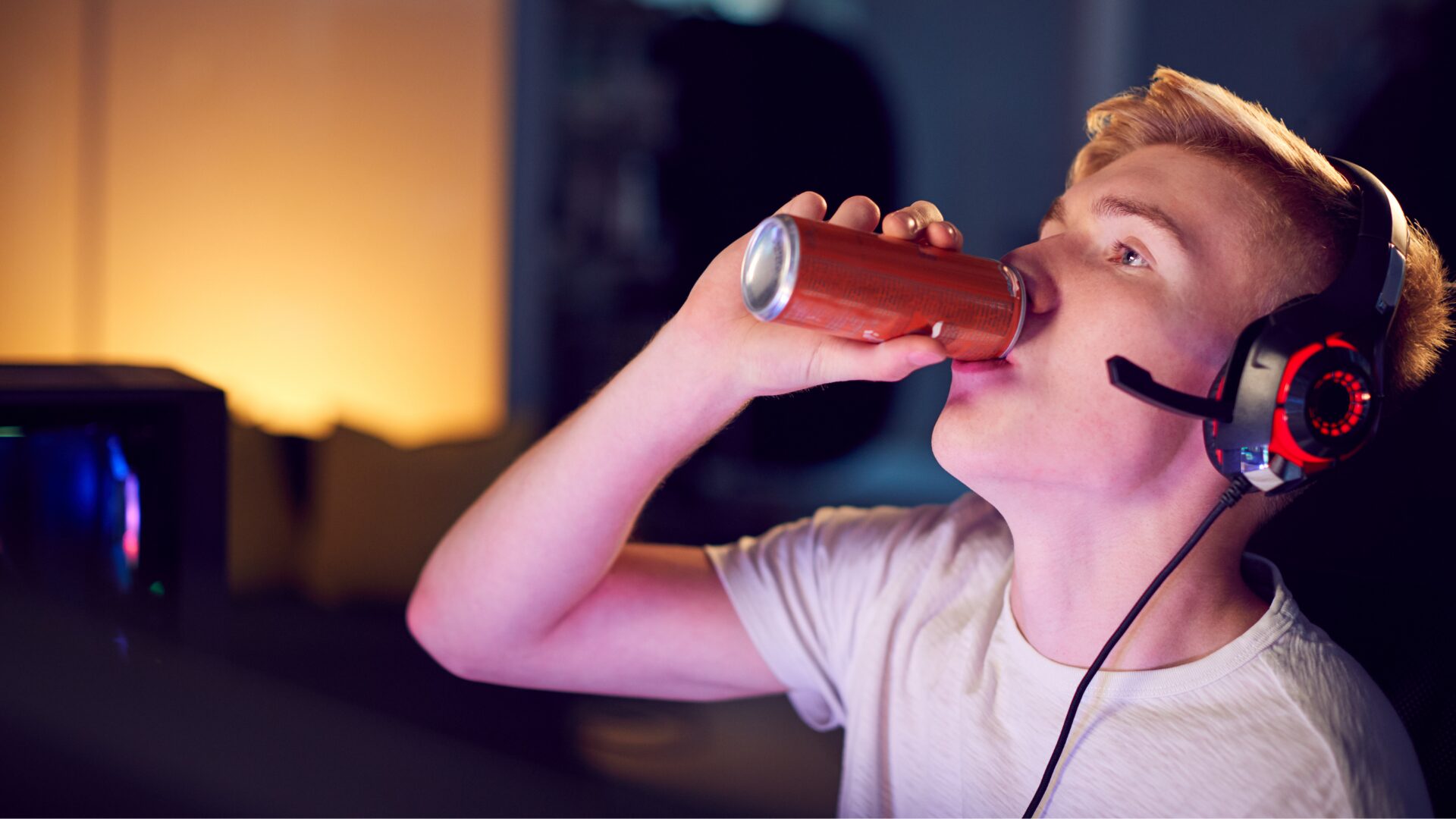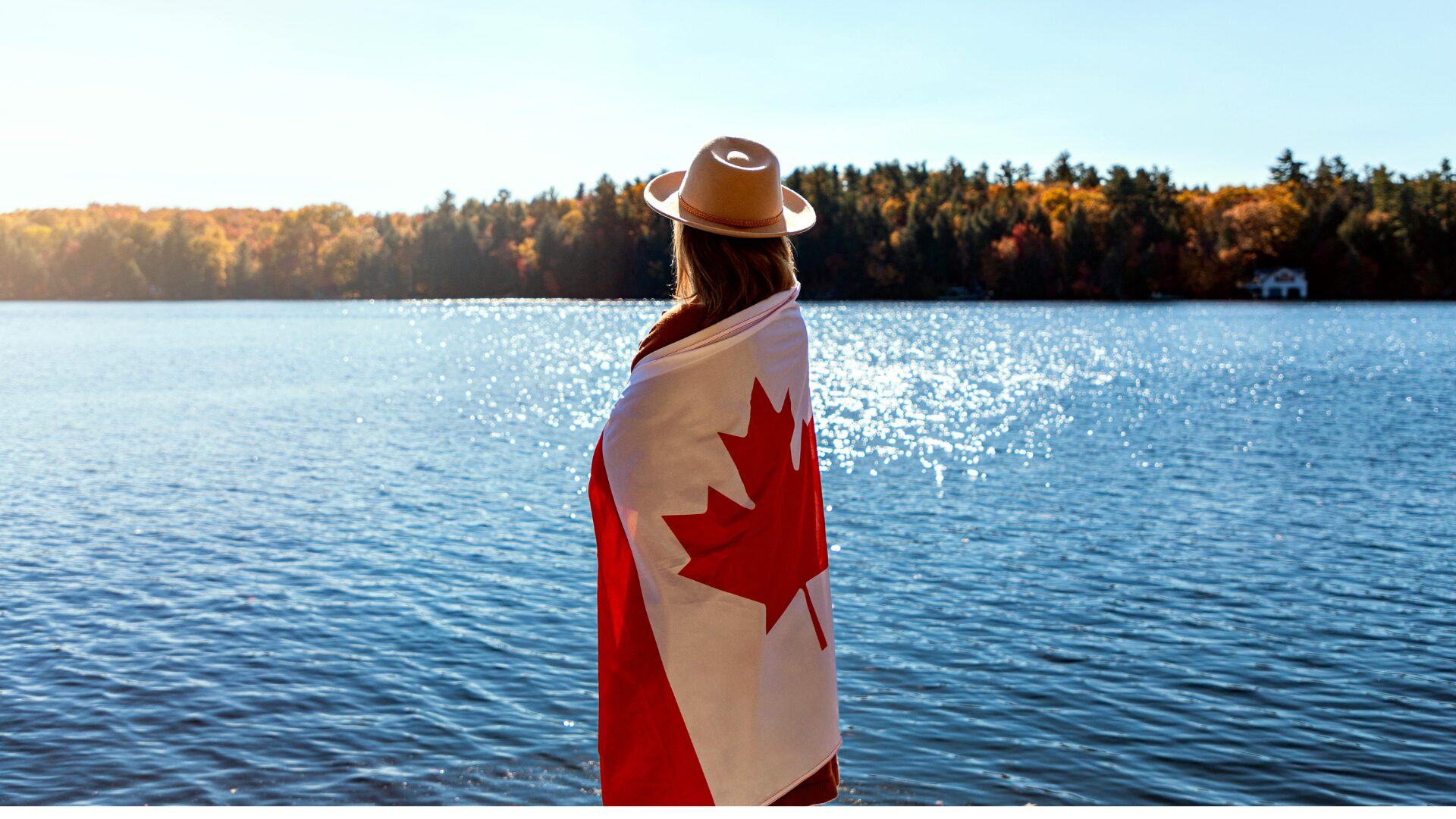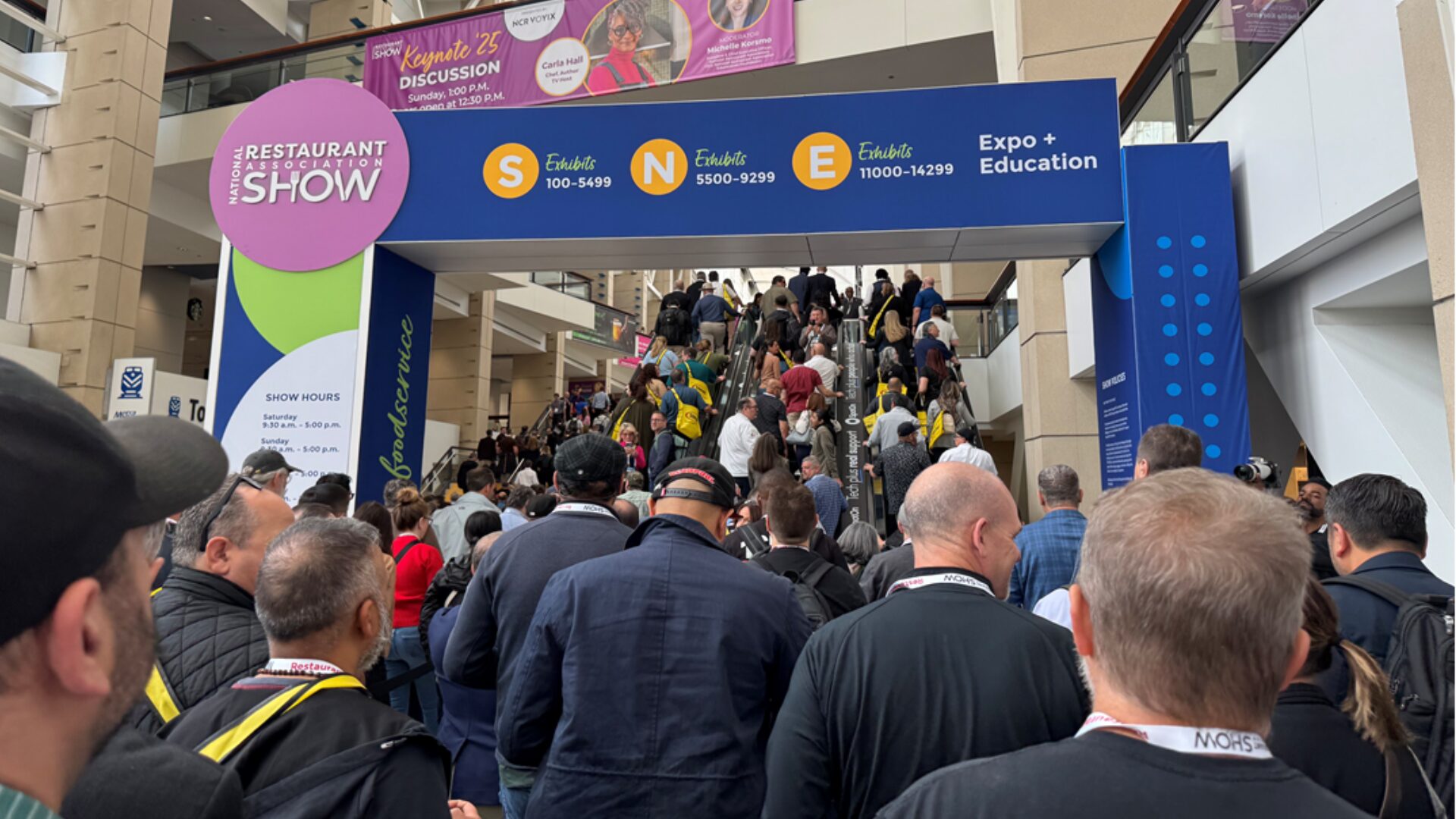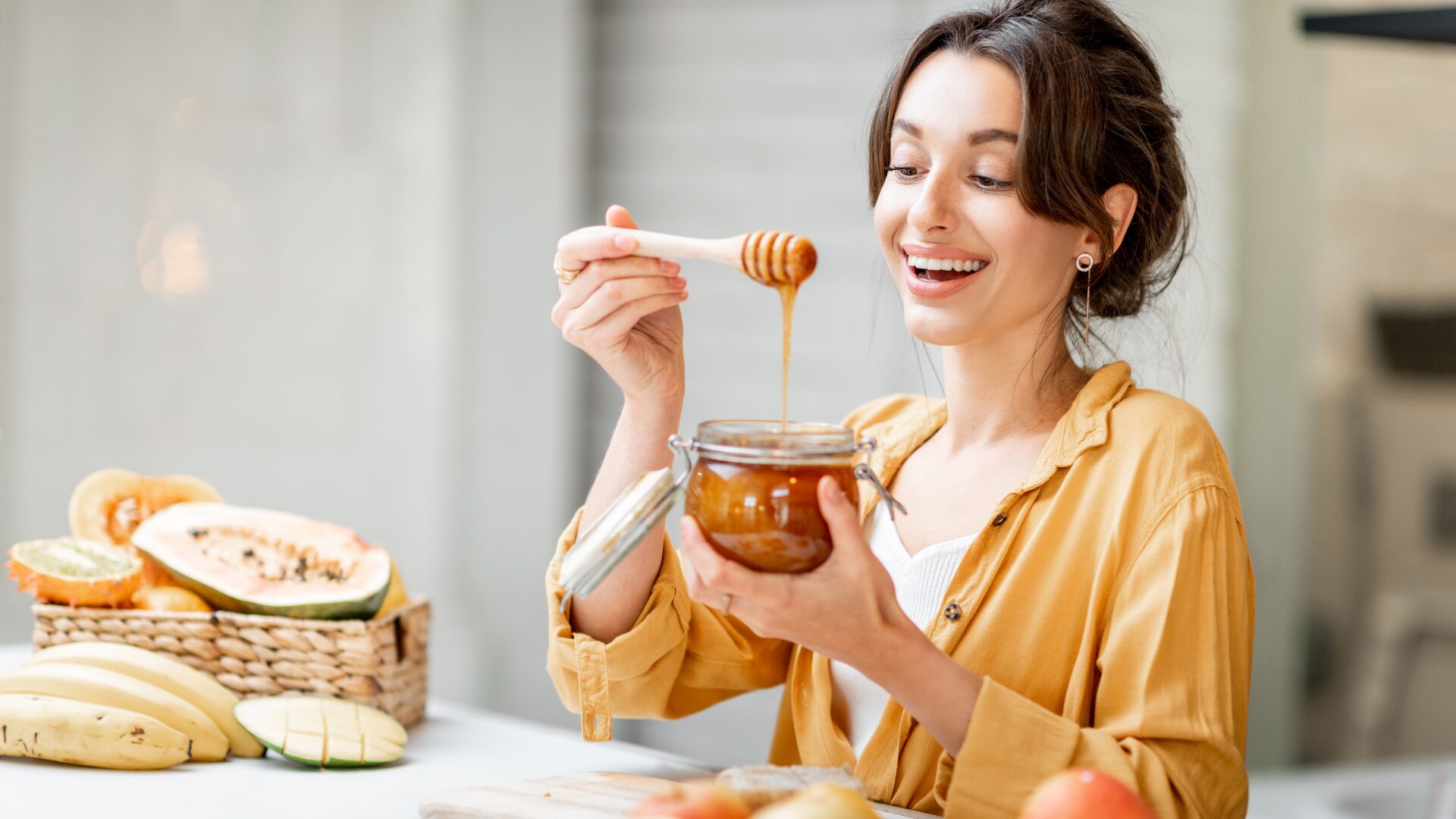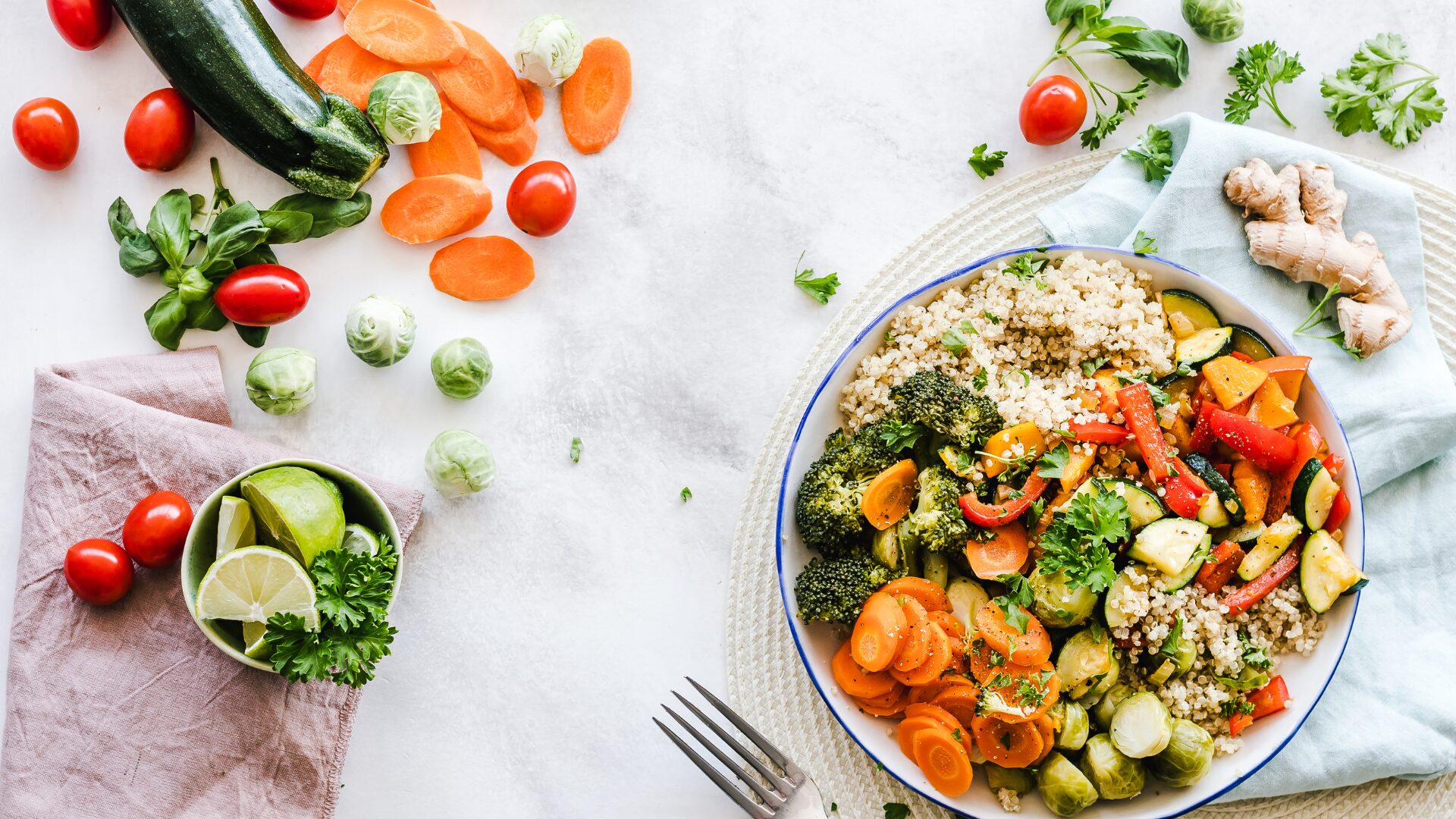Ingestible CBD formats could grow their existing user base as much as 250%-375% in a year’s time, according to Nielsen.
It projects the U.S. hemp-based CBD market could be a $2.25 billion-$2.75 billion industry in 2020. However, activities initiated by FDA will continue to affect the marketplace over the next decade.
Recently, a class action lawsuit alleged Elixinol LLC illegally marketed CBD products as dietary supplements, reported Legal Newsline (Dec. 18). The suit, filed in California, argued the company’s capsules, tinctures, liposomes and other products are mislabeled as dietary supplements, citing FDA rules prohibiting the use of the chemical in such products.
Despite road bumps such as this, the CBD functional marketplace is predicted to be a game changer for the CPG and retail industries. As new products continue to emerge, the global functional beverages market size is expected to reach 208.13 billion by 2024, a CAGR of 8.7% from 2019-2024, according to a report from KPMG.
The KPMG report describes CBD-infused beverages in particular as the “miracle beverage with the most risk and reward” as these beverages claim many health benefits but not all are backed by science. Still, given the market potential, beverage producers are scrambling to get in the game as companies such as Constellation Brands, Diageo, Ab InBev and Molson Coors Brewing invested in the space.
Investing in these kinds of beverages can be risky, but not investing can make a company vulnerable to missing the opportunity to gain market share in a sector that has significant growth potential.
Education will remain a necessity for hemp-based CBD manufacturers and retailers. Nielsen predicts manufacturer-driven, educational efforts to hit healthcare providers. The firm’s Q4 Health Care Practitioner Tracking Study found that although 70% of the practitioners surveyed discuss CBD with their patients, only about one-in-three practitioners were knowledgeable about the laws surrounding it.
Fifty percent of hemp-CBD interested adults said a healthcare practitioner’s guidance would motivate them to try a hemp-CBD product, versus 16% for a family member’s recommendation and 17% for a friend’s recommendation.
In the coming years, hemp-CBD products positioned as substitutes for over-the-counter solutions targeting arthritis, sleep and general pain will attract the largest percentage of non-CBD users, according to Nielsen.
Additionally, CBD manufacturers that narrow the price gap between hemp-based CBD products and their CPG equivalents will maximize the opportunities to compete within the CPG space. Currently, there is a large price gap as, depending on the potency, CBD products frequently range between four and 10 times the retail price of CPG products used for comparable needs.
However, a study by Hemp Benchmarks revealed nearly 50% of current hemp cultivators in the U.S. expect to increase the acreage they devote to hemp cultivation, which will make it more affordable for producers/manufacturers, leading to lower prices at shelf.



